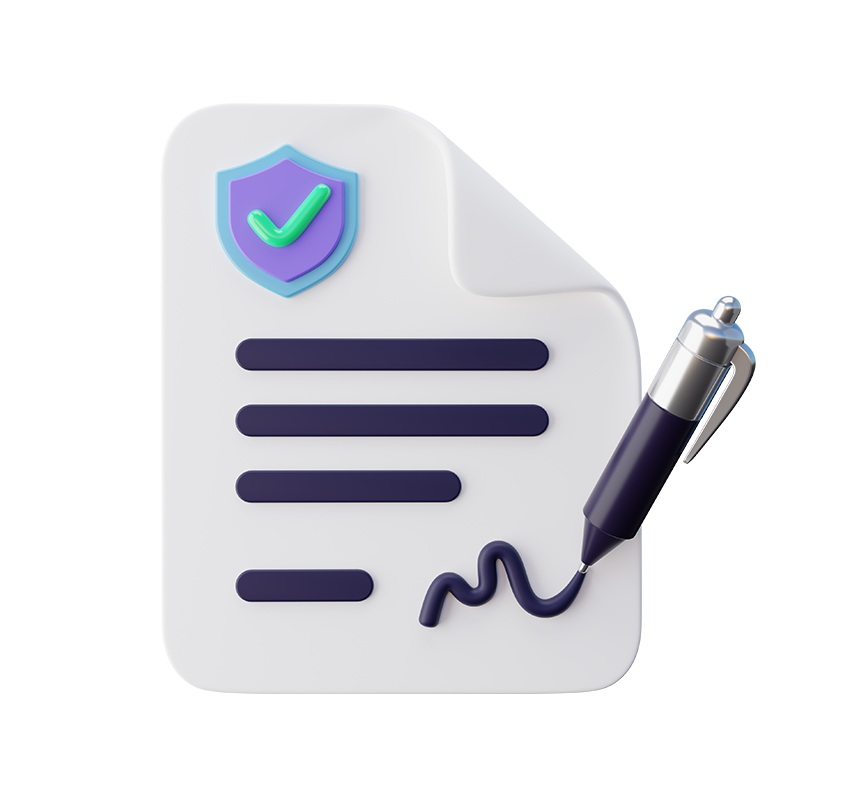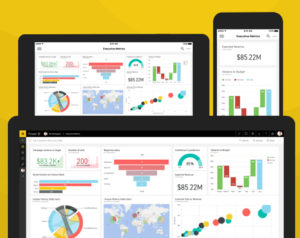

Neha Bhagat
Senior Director – Microsoft Dynamics (Practice Head)
December 31, 2024
Significant changes are on the horizon for Microsoft’s licensing system, set to affect organizations of all sizes. Beginning January 1, 2025, some will be notified that their cloud Microsoft Enterprise Agreement can no longer be renewed under the existing framework. While this might sound like a simple update, it’s indicative of a major transformation in how Microsoft plans to structure its licensing—one that focuses more heavily on cloud technology and offers businesses greater flexibility in managing their software and services.
Saying Goodbye to Traditional Enterprise Agreements
For many years, the Microsoft Enterprise Agreement has been the go-to option for large organizations purchasing Microsoft software and services. This agreement allowed businesses to secure licenses for Microsoft products and services with a set contract, typically spanning three years. It was an essential part of the IT landscape for enterprises needing a predictable and centralized method for managing licenses.
However, as technology has evolved—especially in the realms of cloud services and artificial intelligence (AI)—these traditional agreements are becoming increasingly outdated. The world has shifted to a digital-first environment, where cloud services are taking precedence, and AI-powered capabilities are revolutionizing business operations. As a result, Microsoft is adjusting its approach to licensing in response to the changing needs of modern businesses.
The shift to a more cloud-focused licensing structure is part of a broader industry trend toward more scalable and flexible licensing models. In fact, it’s no longer just about software; it’s about creating a more adaptable ecosystem for cloud adoption and digital transformation. Microsoft’s evolution reflects this need for flexibility.
Navigate the New License Framework with a CSP
Microsoft introduced the New Commerce Experience (NCE) to ensure that clients can reduce long-term commitment costs and leverage more simplified licensing processes as part of the Cloud Solution Partner (CSP) program where partners can manage Microsoft services for clients, helping them not only with subscription renewals but also help with everything from cost management to cloud adoption.
With many businesses nearing their Microsoft license renewal deadlines, it could be the perfect time to explore switching to a CSP for your licensing needs. This transition offers the opportunity to benefit from improved support, expert guidance, and more efficient licensing solutions. CSP partners bring valuable expertise and resources, ensuring a smooth adaptation to the new licensing model for your business.
The NCE includes licensing for Microsoft 365, Dynamics 365, Power Platform, and Windows 365, offering greater flexibility and control when purchasing and managing these services. Key benefits include:
- Choice of monthly or annual terms with varied pricing options
- Control over subscription renewals and the ability to schedule changes
- Simplified and improved billing and invoicing
- Additional options for add-on services and enterprise upgrades
How are CSPs Beneficial for Small and Medium Businesses
- Access to Enterprise-Grade Solutions: Through the Cloud Solution Provider (CSP) program, small and medium businesses will gain access to enterprise-level solutions and support that were once reserved for larger organizations.
- Predictable Monthly Billing: The new billing models will offer more predictable and manageable costs for SMBs, making it easier to budget for Microsoft services.
- Increased Support from Microsoft Partners: SMBs will receive more hands-on support from Microsoft partners, helping them navigate the complexities of the new licensing system.
- Improved Scalability: With the new system, scaling resources will be easier, providing SMBs with more flexibility as they grow.
How to Get Ready for the Change
To prepare for these changes, businesses must take immediate and ongoing action. Here’s what to prioritize:
- Review Your Current Licensing Structure: Understand how your existing EA setup will transition to the new system.
- Engage with Microsoft Partners: Get insights from Microsoft partners to understand how the changes will impact your organization.
- Plan for Budget Adjustments: Begin forecasting potential changes in costs, ensuring you’re financially prepared.
- Start Technical Assessments: Evaluate the technical infrastructure needed to support the transition.
Don’t Navigate This Transition Alone
The changes coming to Microsoft’s licensing system in 2025 are significant, and it’s essential that your organization is prepared. To make this transition as smooth as possible, consider partnering with experts who can guide you through the process. At Korcomptenz, we’ve helped multiple organizations navigate complex licensing transitions for Microsoft, SAP, Salesforce, and more. As a Microsoft Gold partner and a direct CSP, we not only help you evaluate your options, manage costs, and ensure a seamless shift to the new system, but can rationalize your licenses, optimize your license costs, and offer our bundled services with a global delivery model at up to 30% less price. Contact us today for a complimentary licensing audit to start your journey on rationalizing and optimizing your licenses.

Share this article
Facebook
LinkedIn
Twitter
Use AI to summarize this article




